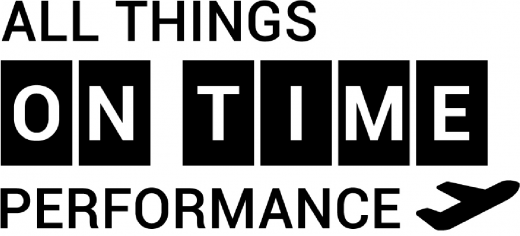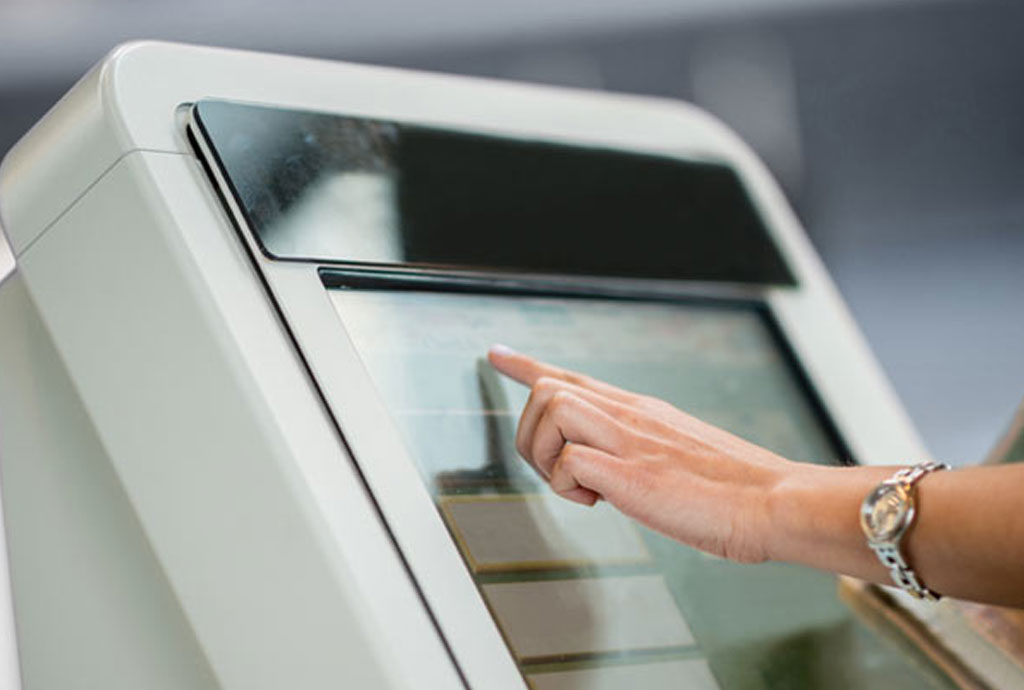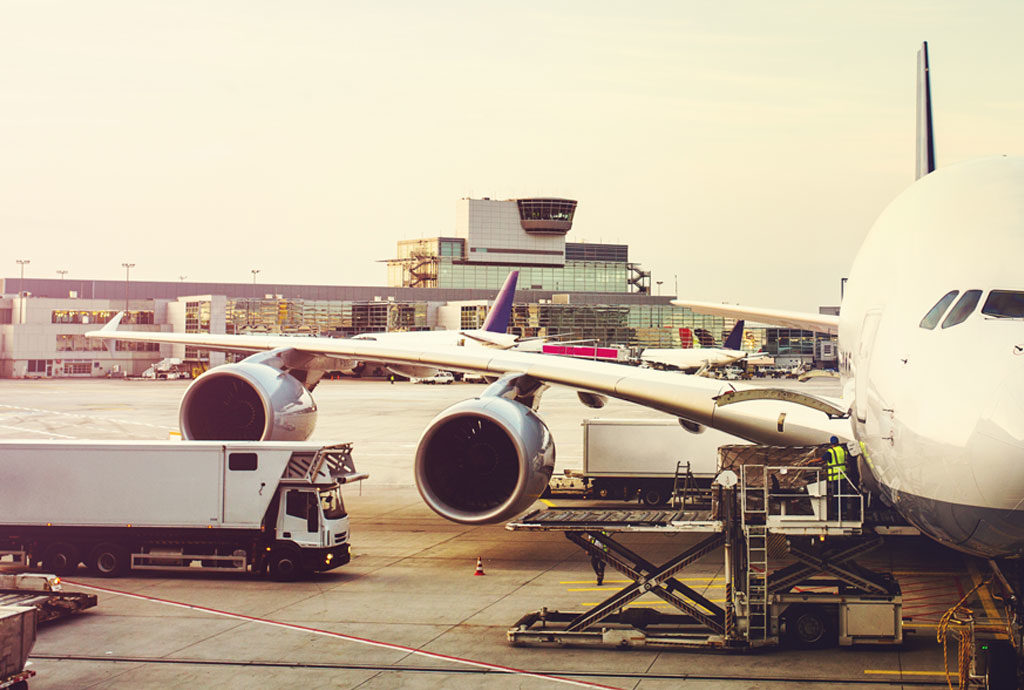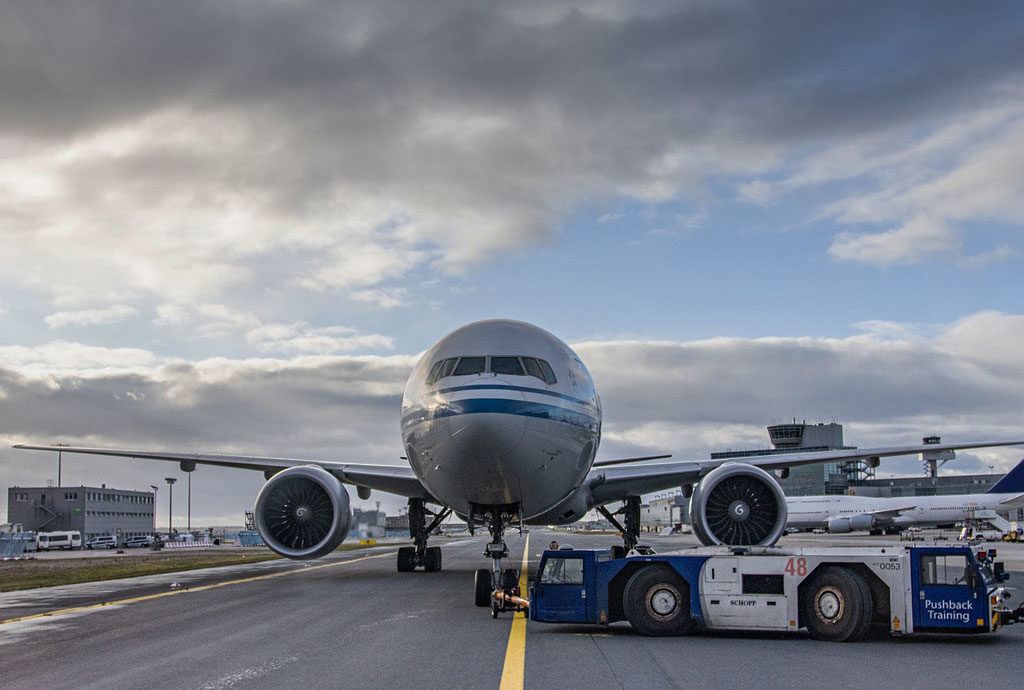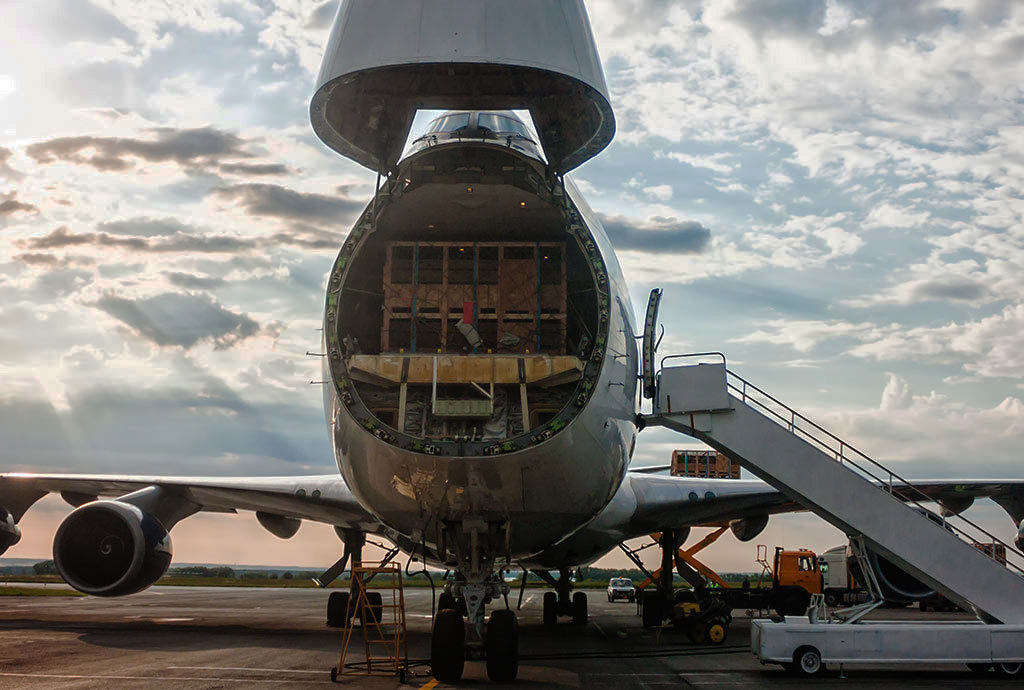How to Make Airport Operations COVID-19 Compliant
From enhanced cleaning to physical distancing, the Coronavirus is reshaping airport operations worldwide. As passenger traffic begins to increase, managers have to face new regulatory requirements for keeping services running. Meeting these guidelines is key to ensuring the public’s well-being and remaining competitive. Read here, how health protocols can be planned efficiently within airport processes.
COVID-19 and the Challenge of Managing Flight Schedules
The changing governmental restrictions and volatility in air travel demand make it difficult for carriers to have stable flight schedules. Booking cancellations and flight delays due to COVID-19 further spread results in high operational costs. This situation also impacts passengers´ confidence to travel again. Read here, what carriers can do to improve their schedule management.
How To Train Ground Staff During Challenging Times?
Measures to prevent the spread of COVID-19 are changing ground services. To adapt to the New Normal, airport personnel must deal with tasks they have not done before. The development of new competencies is critical. Due to social distancing, traditional classroom-based learning may no longer be feasible. How then can companies best train ground staff?
4 Post-COVID-19 Strategies To Cut Airport Costs
In a context where security, safety and an enjoyable passenger experience are critical, airports face great pressure to develop future-proof operations. With no certainty when business will get back to normal, measures aimed to cut airport costs take central stage. Read here what strategies can help to improve processes and achieve efficient spending.
4 Post-COVID-19 Strategies To Cut Airline Costs
While the carrier industry seeks to get more and more planes back to the skies, passenger traffic is likely to take longer to fully recover. To ensure the continuity of operations, the implementation of strategies to reduce airline costs becomes a priority. Read here, how spending could be better managed in Post-COVID times.
How Can On-Time Performance Contribute To Social Distancing At Airports?
In a still pre-vaccine world, the end of the coronavirus national lockdowns brings a series of challenges for the aviation. As the demand for flights gradually ramps up, passengers will expect new measures to minimize crowding at airports. How can operators overcome the need for social distancing?
Restarting Aviation: COVID-19 And the New Era of Air Travel
Aviation stakeholders around the world are exploring possible pathways to facilitate the resumption of international operations. As governments plan to gradually lift travel bans, the introduction of consistent biosecurity protocols at airports and on flights themselves becomes of utmost importance. How will this new normal be reflected across the passenger journey? Find it out here.
Recommendations for Airfreight Operations during COVID-19
Carrying hope globally – in times of quarantine and social distancing is when people reflect on the importance of air cargo. Thanks to it, essential goods are delivered to places where the closure of processing plants has created shortages. However, regulatory requirements constrain their transportation. Find out here, how airfreight operations can flexibly respond to them.
Managing COVID-19: Recommendations for Ground Handling (Vol. II)
On the front line – ground operators play a crucial role in supporting life-saving flights reach their destination. Just as it is important to ensure aircraft servicing on time, long-standing processes need to be reinvented to meet coronavirus conformity. Here, find out some recommendations for safety ground handling activities.
Managing COVID-19: Recommendations for Ground Handling (Vol. I)
Safety starts on the ground – in times of coronavirus, the main priority of aviation stakeholders is the well-being of travelers, staff and the public. To reduce the chances for further spread of the virus, procedures should focus on airports key operational areas. Read here, what measures can be implemented for ground handling operations.
